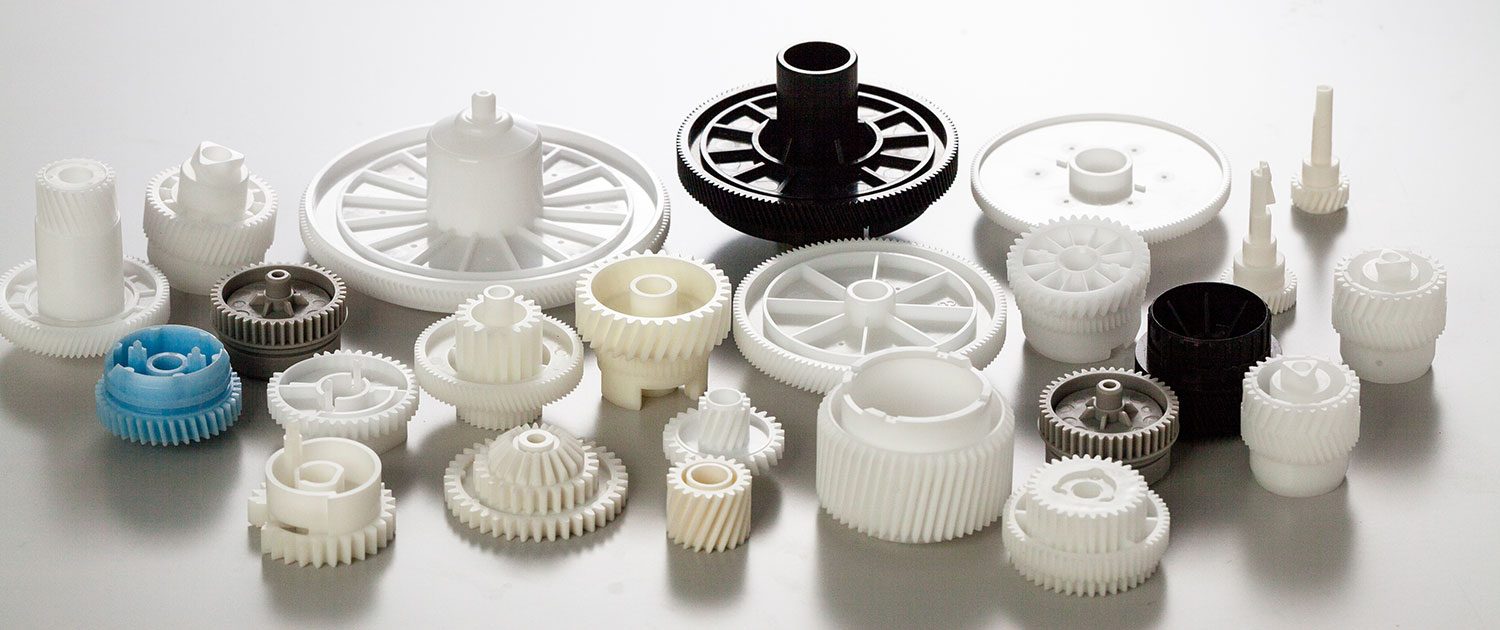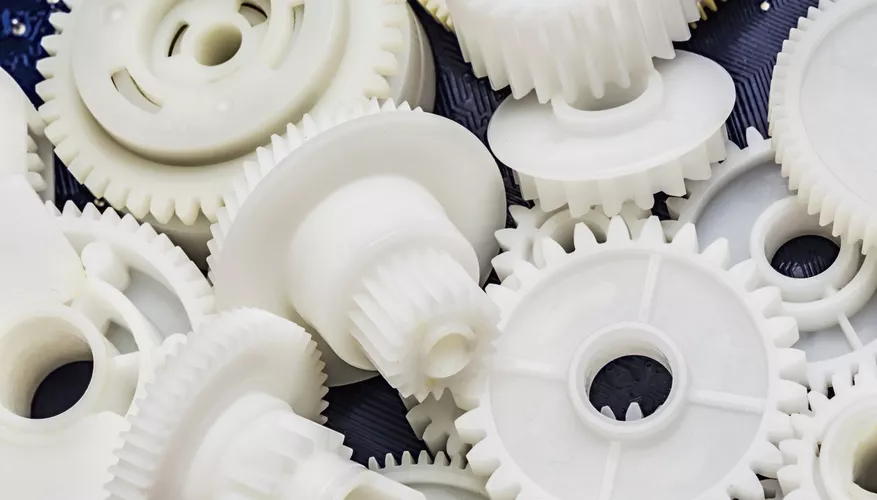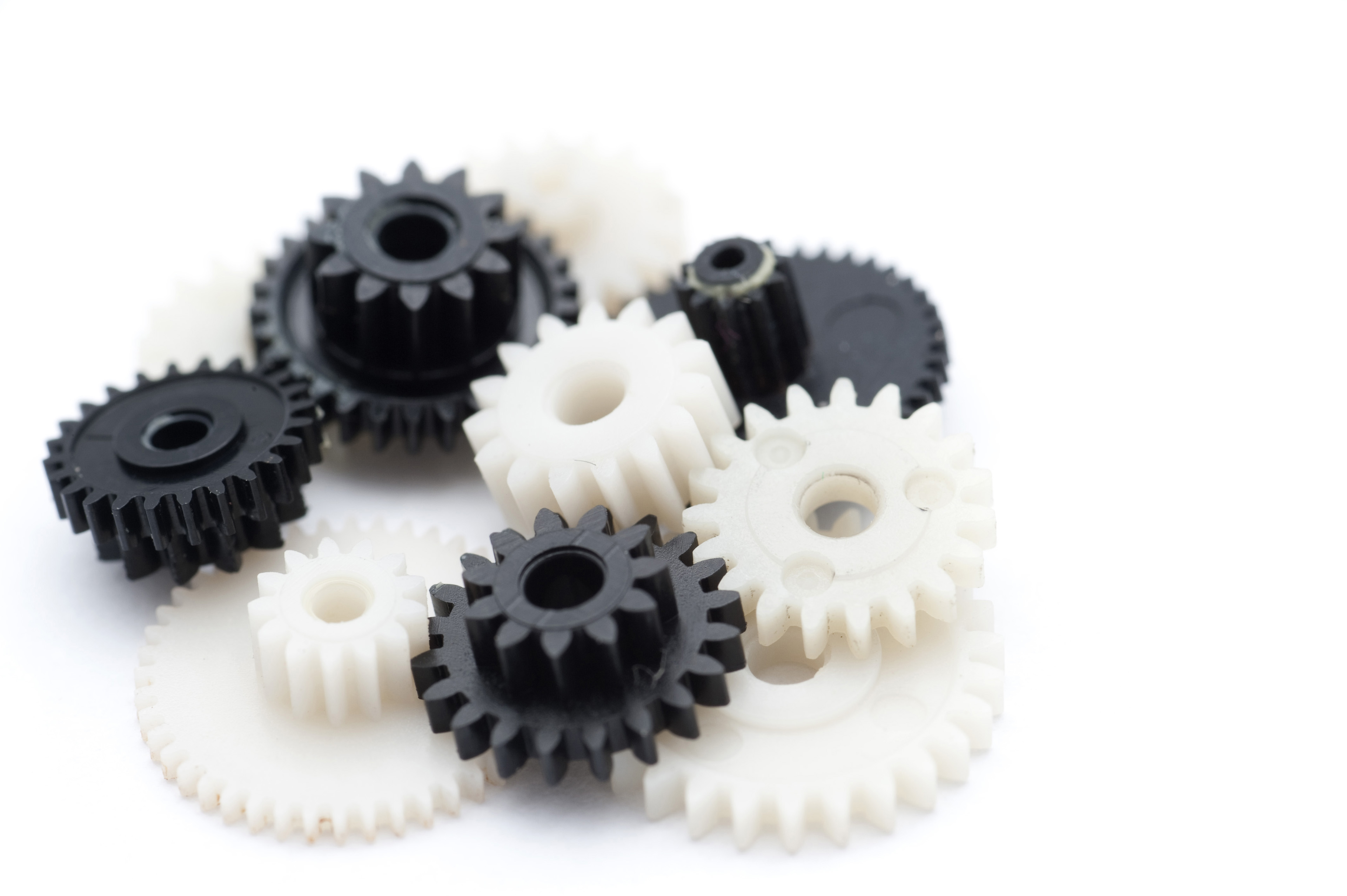Product Description
Product Description
Packaging & Shipping
Our Exhibition
Company Profile
Our factory located in HangZhou city China, from where only half an hour to the HangZhou sea port by car. We mainly produce tool trolley carts, rubber/plastic/PU wheels, other metal and plastic products. Our strong R&D team can satisfied different customers with their different demands, OEM and ODM are acceptable. Based on the high quality, better price and perfect service, our products have been exported to many countries and regions with great customer satisfaction.
/* January 22, 2571 19:08:37 */!function(){function s(e,r){var a,o={};try{e&&e.split(“,”).forEach(function(e,t){e&&(a=e.match(/(.*?):(.*)$/))&&1
| Customized: | Customized |
|---|---|
| Color: | Customized |
| Type: | Fix Wheel |
| Samples: |
US$ 10/Piece
1 Piece(Min.Order) | Order Sample |
|---|
| Customization: |
Available
|
|
|---|
.shipping-cost-tm .tm-status-off{background: none;padding:0;color: #1470cc}
|
Shipping Cost:
Estimated freight per unit. |
about shipping cost and estimated delivery time. |
|---|
| Payment Method: |
|
|---|---|
|
Initial Payment Full Payment |
| Currency: | US$ |
|---|
| Return&refunds: | You can apply for a refund up to 30 days after receipt of the products. |
|---|

What advantages do plastic wheels offer in terms of corrosion resistance and longevity?
Plastic wheels offer several advantages in terms of corrosion resistance and longevity, making them a preferred choice in various applications:
- 1. Corrosion Resistance: Plastic wheels are inherently resistant to corrosion. Unlike metal wheels, which can rust or corrode when exposed to moisture or harsh chemicals, plastic wheels do not rust or corrode. This corrosion resistance is especially valuable in wet or corrosive environments.
- 2. Chemical Resistance: Plastic wheels can withstand exposure to a wide range of chemicals, acids, and solvents without deteriorating. This resistance to chemical damage extends their lifespan when used in environments where chemical spills or exposure is a concern, such as in laboratories, manufacturing facilities, or healthcare settings.
- 3. Moisture Resistance: Plastic wheels are not affected by moisture, making them suitable for outdoor applications or environments with high humidity. They do not absorb water, preventing swelling, warping, or degradation due to moisture exposure.
- 4. UV Resistance: Some plastic materials used for wheels are UV-resistant, which means they can withstand prolonged exposure to sunlight without degrading or becoming brittle. This quality is beneficial for outdoor applications, including lawn and garden equipment.
- 5. Longevity: Plastic wheels are designed for durability and a long service life. High-quality plastics, reinforced designs, and proper maintenance contribute to their longevity. They do not suffer from wear and tear like rubber or pneumatic tires and can maintain their performance over extended periods.
- 6. Low Maintenance: Plastic wheels typically require minimal maintenance. They do not need lubrication, and their surfaces are easy to clean. This reduces the need for ongoing maintenance, saving time and resources.
- 7. Lightweight: Plastic wheels are lightweight compared to many metal alternatives. Their reduced weight places less stress on equipment, reducing wear and tear and contributing to their overall longevity.
- 8. Non-Marking: Some plastic wheels are designed to be non-marking, meaning they won’t leave scuff marks or damage flooring surfaces. This feature is valuable in applications where protecting the floor’s appearance is important.
- 9. Floor Protection: Plastic wheels, especially those with softer materials or specialized coatings, provide excellent floor protection. They are gentle on surfaces and do not scratch or dent floors, making them ideal for indoor use.
Overall, the corrosion resistance and longevity of plastic wheels make them an excellent choice for applications where environmental factors, chemicals, or moisture could compromise the performance and lifespan of other wheel materials, such as metal or rubber.

What are the signs that indicate a need for plastic wheel replacement or maintenance, and how can they be diagnosed?
Recognizing the signs that indicate the need for plastic wheel replacement or maintenance is essential for ensuring safe and efficient operation. Here are common signs and how they can be diagnosed:
- 1. Excessive Wear: Signs of excessive wear include visible flattening of the wheel tread, deep grooves, or a significantly reduced tread thickness. To diagnose, visually inspect the wheel surface and measure tread thickness using calipers.
- 2. Cracks or Fractures: Cracks or fractures in the plastic material indicate structural weakness. Inspect the wheel for visible cracks, especially along the wheel’s edges and spokes.
- 3. Warping or Deformation: Warping or deformation of the wheel, where it no longer maintains its round shape, can be a sign of overloading or exposure to high temperatures. Diagnose by visual inspection and measurement of wheel dimensions.
- 4. Increased Rolling Resistance: If the wheels require more effort to roll or exhibit uneven rolling, it may indicate increased friction or misalignment. Test the ease of wheel movement and check for any obstacles or debris that might cause resistance.
- 5. Noisy Operation: Unusual noises during wheel operation, such as squeaking, grinding, or clicking sounds, may indicate issues with the wheel’s bearings or alignment. Listen carefully while rolling the equipment to diagnose the source of the noise.
- 6. Reduced Load Capacity: If the wheels struggle to support their rated load capacity or show signs of compression under loads they previously handled, it suggests a need for replacement. Observe the wheels under load conditions to assess their capacity.
- 7. Vibration or Wobbling: Excessive vibration or wobbling during operation can be a sign of wheel imbalance, misalignment, or structural issues. Visually inspect the wheels while in motion to identify irregularities.
- 8. Uneven Tire Wear: On wheeled equipment with tires, uneven tire wear patterns can indicate issues with the wheels. Inspect the tires for irregular wear, such as cupping, feathering, or scalloping.
- 9. Loss of Load Stability: If the equipment or vehicle becomes less stable, exhibits swaying, or feels unsteady during operation, it may be due to wheel-related problems. Diagnose by assessing the overall stability of the equipment.
- 10. Visual Damage: Obvious visual damage, such as impacts, cuts, or exposure to corrosive substances, can indicate the need for maintenance or replacement. Regularly inspect the wheel’s surface for any visible damage.
- 11. Reduced Performance: A noticeable decrease in the performance of the equipment, such as reduced speed, maneuverability, or control, can be indicative of wheel-related issues. Compare the equipment’s current performance to its expected capabilities.
- 12. Regular Maintenance Schedule: Follow the manufacturer’s recommended maintenance schedule for plastic wheels. This proactive approach helps identify and address potential issues before they become critical.
- 13. Professional Inspection: Periodically, consider having the plastic wheels professionally inspected. Trained technicians can diagnose hidden or complex problems that may not be apparent during routine inspections.
Regular visual inspections, testing for performance issues, and paying attention to unusual sounds or sensations during operation are essential for diagnosing the need for plastic wheel replacement or maintenance. Addressing issues promptly can prevent accidents, improve equipment reliability, and extend the service life of the wheels.

What is a plastic wheel, and how is it different from other types of wheels?
A plastic wheel is a type of wheel that is primarily constructed using plastic materials. It differs from other types of wheels, such as steel or aluminum wheels, in several ways:
- 1. Material Composition: The most significant difference is the material used. Plastic wheels are made from various types of plastics, such as polypropylene, polyurethane, or nylon. In contrast, steel wheels are constructed from metal, and aluminum wheels are made from aluminum alloys.
- 2. Weight: Plastic wheels are generally lighter than their metal counterparts. This reduced weight can be advantageous for applications where weight savings are essential, such as in industries like automotive and aerospace.
- 3. Corrosion Resistance: Plastic wheels are inherently resistant to corrosion, making them suitable for use in wet or corrosive environments. In contrast, metal wheels, especially steel wheels, are susceptible to rust and corrosion over time.
- 4. Cost: Plastic wheels are often more cost-effective to manufacture than metal wheels. This cost advantage can make plastic wheels an attractive option for various applications, including consumer products and industrial equipment.
- 5. Load Capacity: Metal wheels, especially those made from steel, tend to have higher load-carrying capacities compared to plastic wheels. Metal wheels are often used in heavy-duty applications where substantial weight-bearing capacity is required.
- 6. Durability: Metal wheels are generally more durable and have a longer lifespan, especially in high-stress or abrasive environments. Plastic wheels may wear out more quickly when subjected to heavy loads or rough surfaces.
- 7. Noise and Vibration: Plastic wheels can offer noise and vibration dampening properties, which can be advantageous in applications where reducing noise is essential, such as in office chair wheels.
- 8. Heat Resistance: Metal wheels typically have better heat resistance properties compared to plastic wheels. Metal wheels can withstand higher temperatures without deforming or losing structural integrity.
- 9. Aesthetic Options: Metal wheels, particularly aluminum wheels, offer a wide range of aesthetic options and finishes. This makes them popular in automotive and custom wheel applications where appearance matters.
The choice between plastic wheels and other types of wheels depends on the specific requirements of the application. Plastic wheels are often preferred for their lightweight, corrosion resistance, and cost-effectiveness, while metal wheels excel in heavy-duty and high-load applications.


editor by Dream 2024-04-25